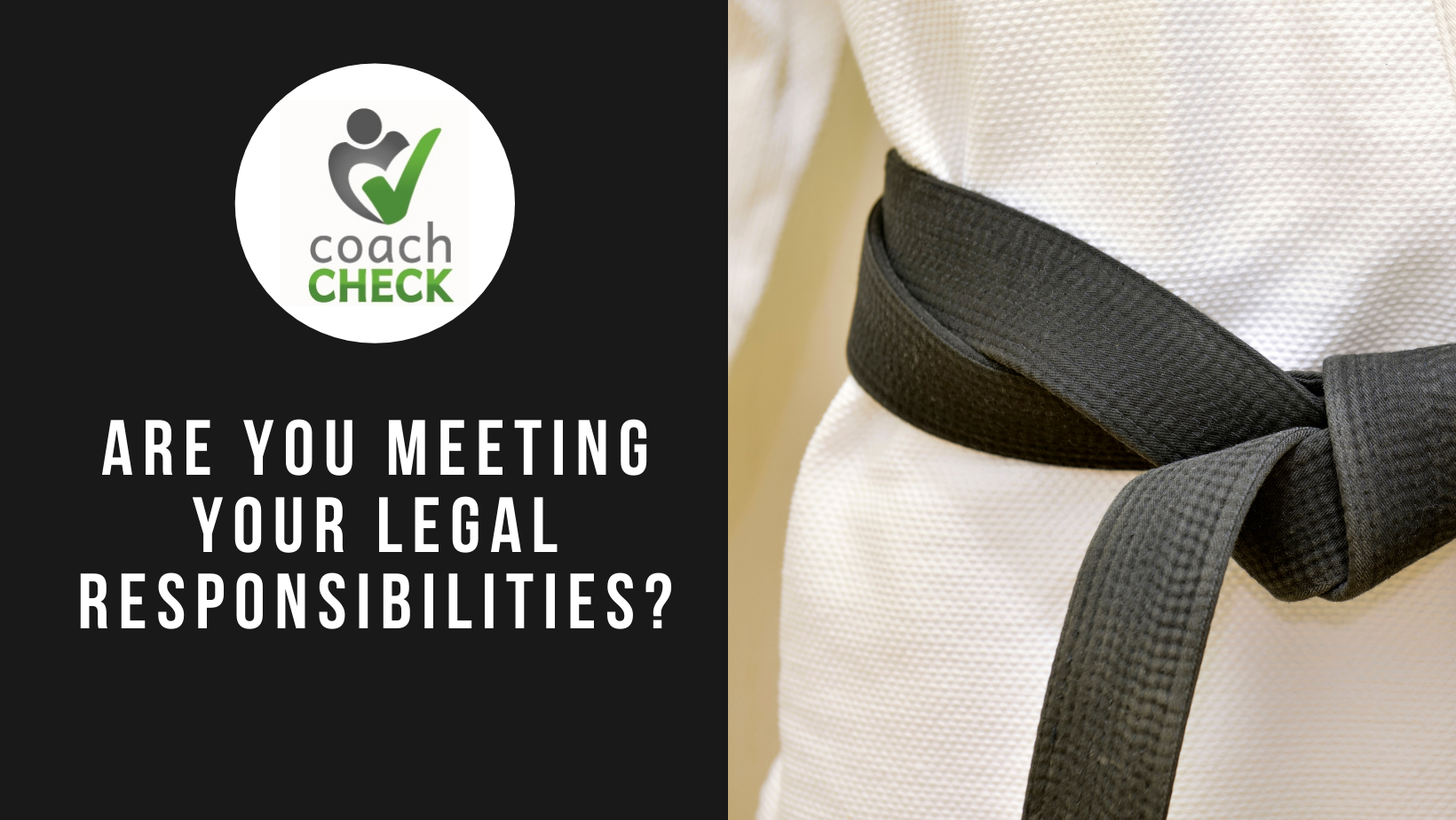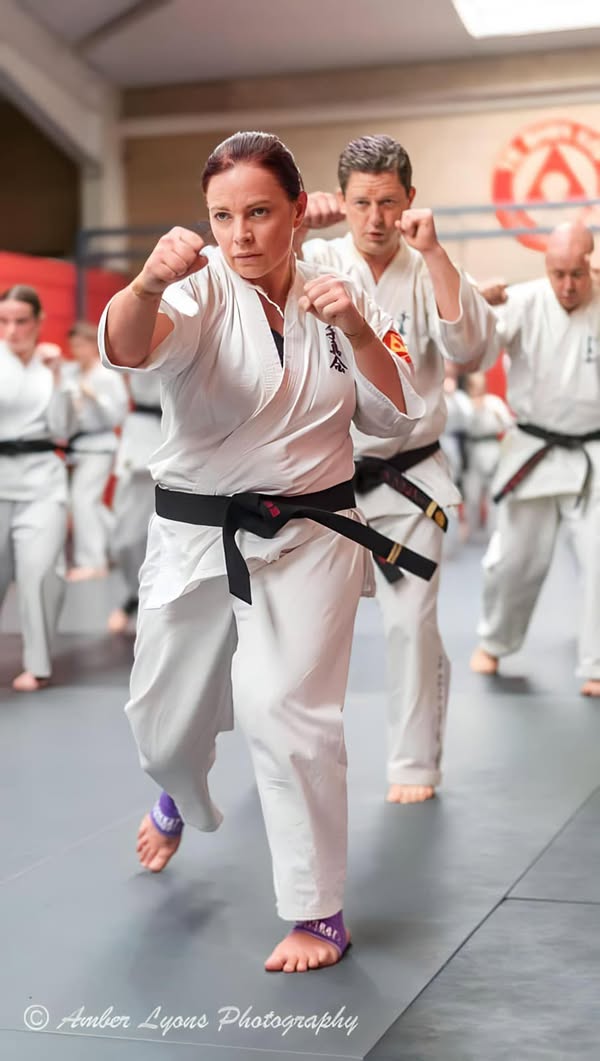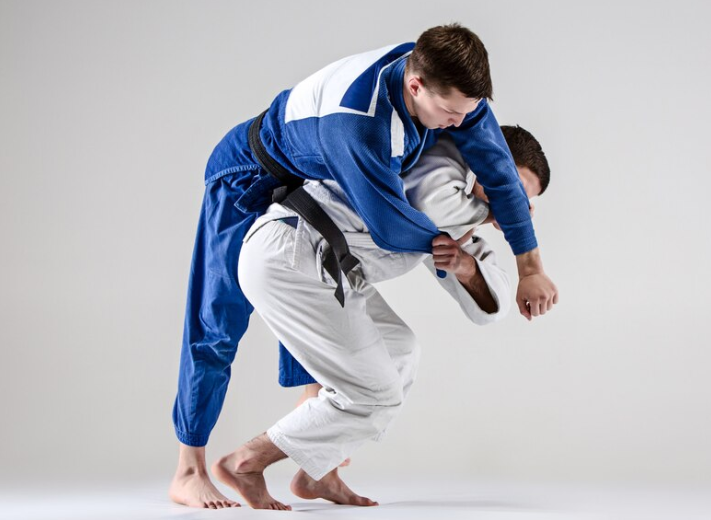Training in the martial arts is a fun and effective way to stay fit and develop discipline, self-confidence, and perseverance. The martial arts coach works with children and adults of all ages to teach self-defence techniques, and to develop character in their students.Martial arts coaches need to be aware of their legal responsibilities, especially for the advice they give their students and the way they manage and supervise participation in their martial art activities.
Martial arts coaches have a legal duty to their athletes and should:1. Provide competent martial arts instruction2. Provide appropriate advice and guidance3. Not offer advice or tuition beyond their level of skill or qualification
HEATH AND SAFETYMartial art coaches are responsible for the health and safety of the athletes in their charge. Keeping a sterile training environment is now more important than ever before, and COVID 19 has given us a wake-up call to this! Protocols within the martial art school have changed forever and we must meet the challenge and adjust our ways. Martial arts coaches should also be knowledgeable in FIRST AID procedures and have access to first aid kit and or facilities as well as how to contact emergency services should the need arise. A coach could be liable if evidence can show that normal standards and practices have not been met.
CHILD PROTECTIONCoaches also have a responsibility to protect children from all forms of abuse.There are four main kinds of abuse:1. Neglect (providing inadequate nourishment)2. Emotional abuse (being threatened or taunted)3. Sexual abuse (being shown pornographic material or touched inappropriately)4. Physical abuse (hitting or treated roughly)Coaches should also be able to recognise indicators that may signify abuse and take appropriate action. All organisations (e.g. National Governing Bodies (NGB’s), Martial Arts Organisations, Independent Martial Arts Schools (80% of the martial arts industry is made up of independent organisations) should have a policy statement and guidelines regarding child abuse.
TRANSPORTATION It is recommended that coaches do not use their vehicles for transporting athletes to venues. If coaches do use their cars, then they should ensure they are correctly licensed and insured. With young athletes, coaches should seek the assistance of the parents/guardians.
INCLUSIVE PRACTICESMartial arts coaches must be aware of their responsibility to ensure an inclusive environment within the martial arts school setting. Providing an inclusive setting means that you are welcoming and understanding of people from various ethnicities, cultures, religions, physical abilities, or disabilities.There are many social policies that a martial art coach must consider before considering starting a martial arts school or coaching business. In todays litigious society it is madness not to consider possible risks and document mitigation strategies to protect members, staff, and yourself, should these risks present themselves! Accidents and incidents will occur and you must be prepared! Establishing your own policies can be the difference between success and failure in the martial arts industry! Coach Check assist all martial arts, sports, and fitness coaches to establish their own policies to you can more effectively establish your own policy document called the “Member Protection Policy!” Register with Coach Check today! Its FREE!You can download the Coach Check “Member Protection Policy” in Step 4 of your application! The Member Protection Policy is an editable file from which you may make the necessary adjustments to adapt to your organisation.BE SAFE! BE PROFESSIONAL!



